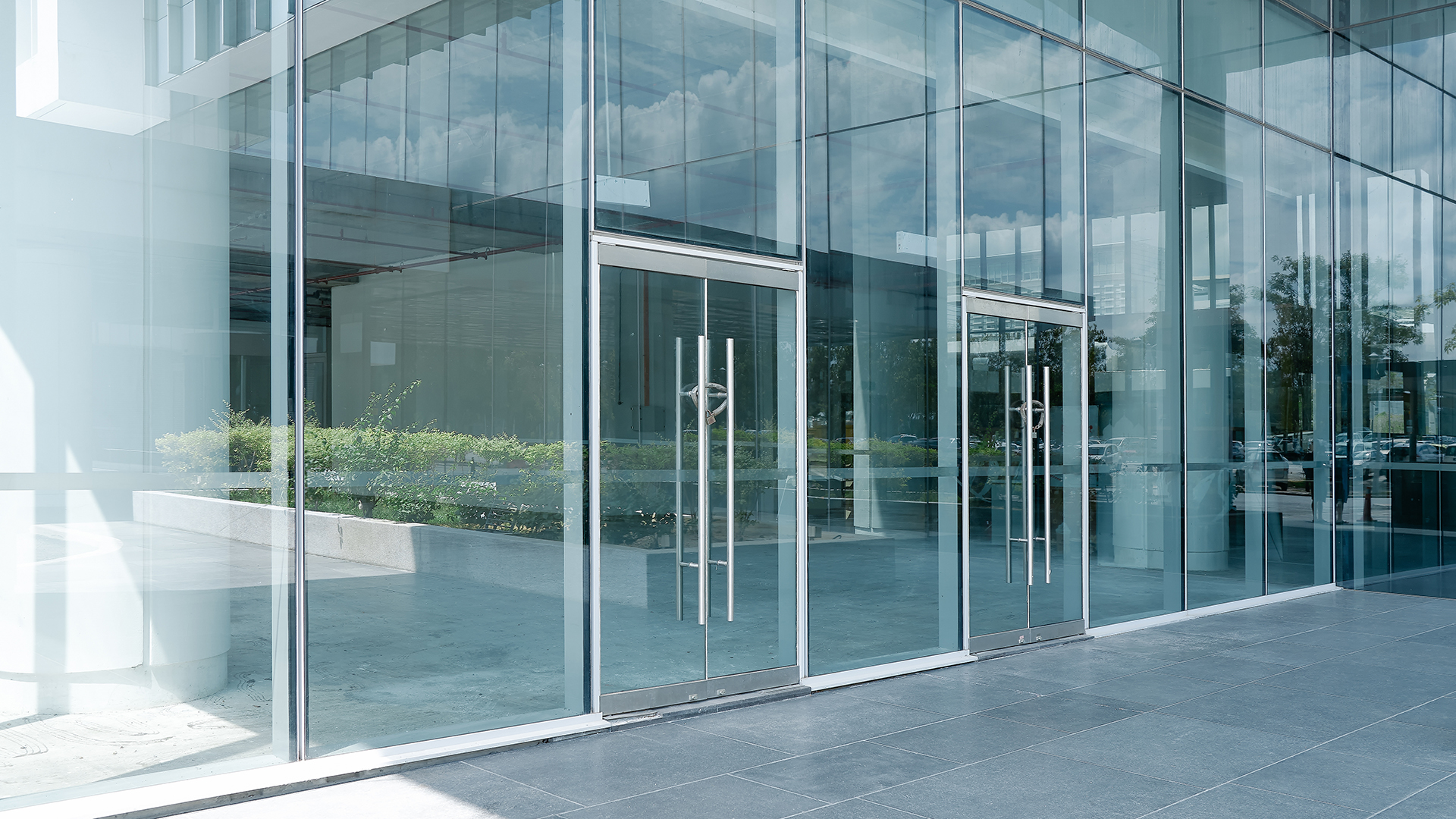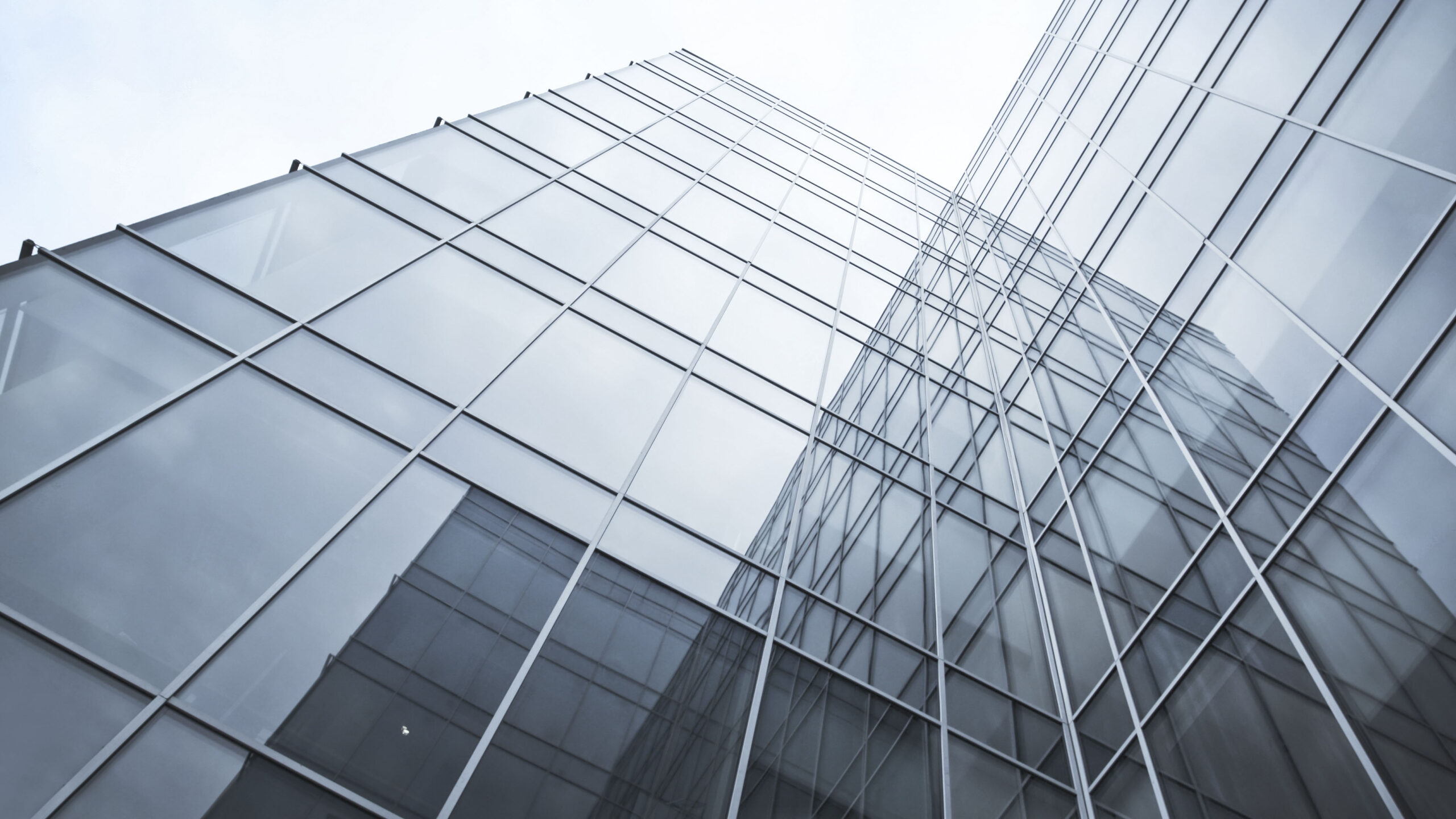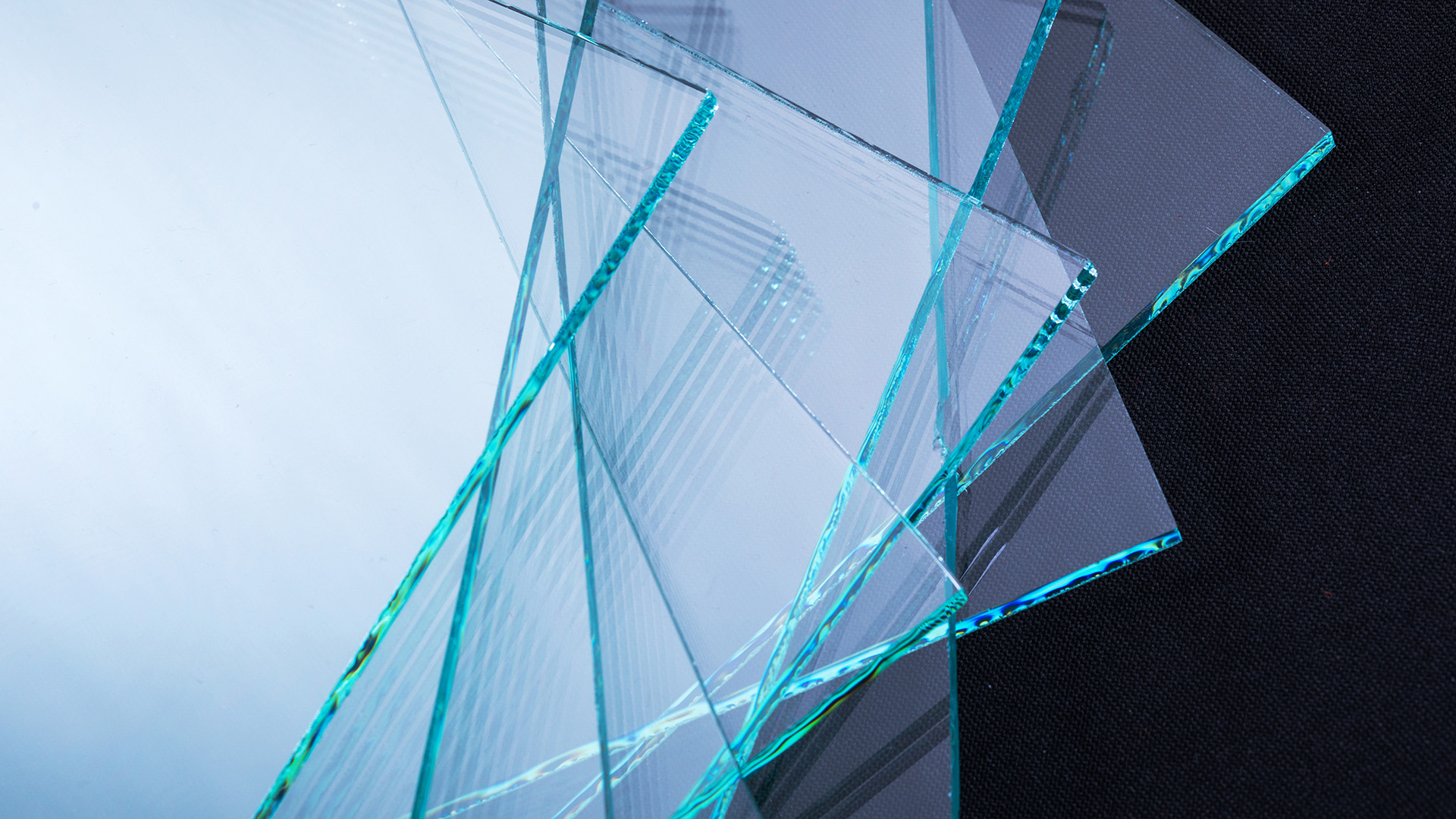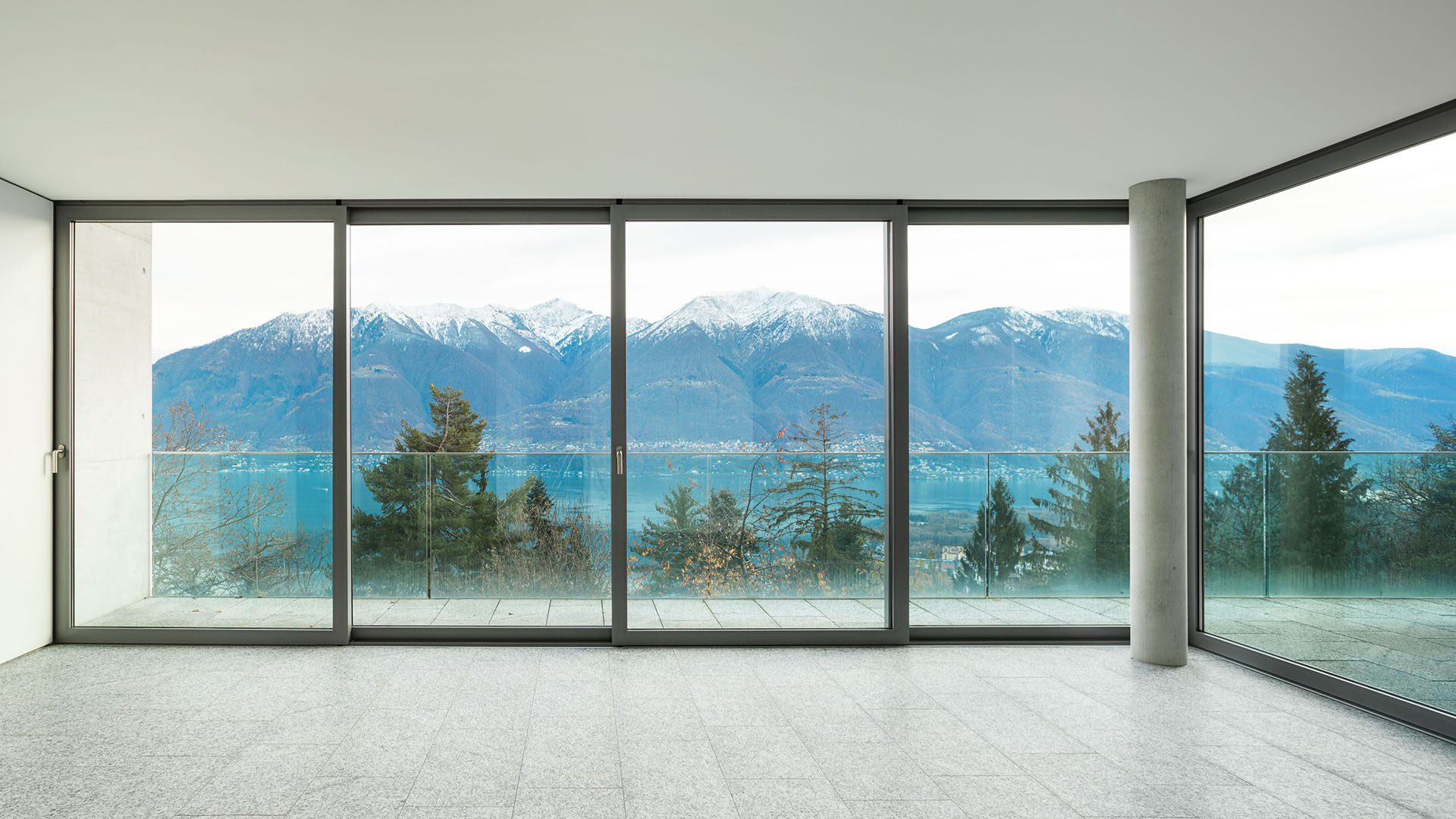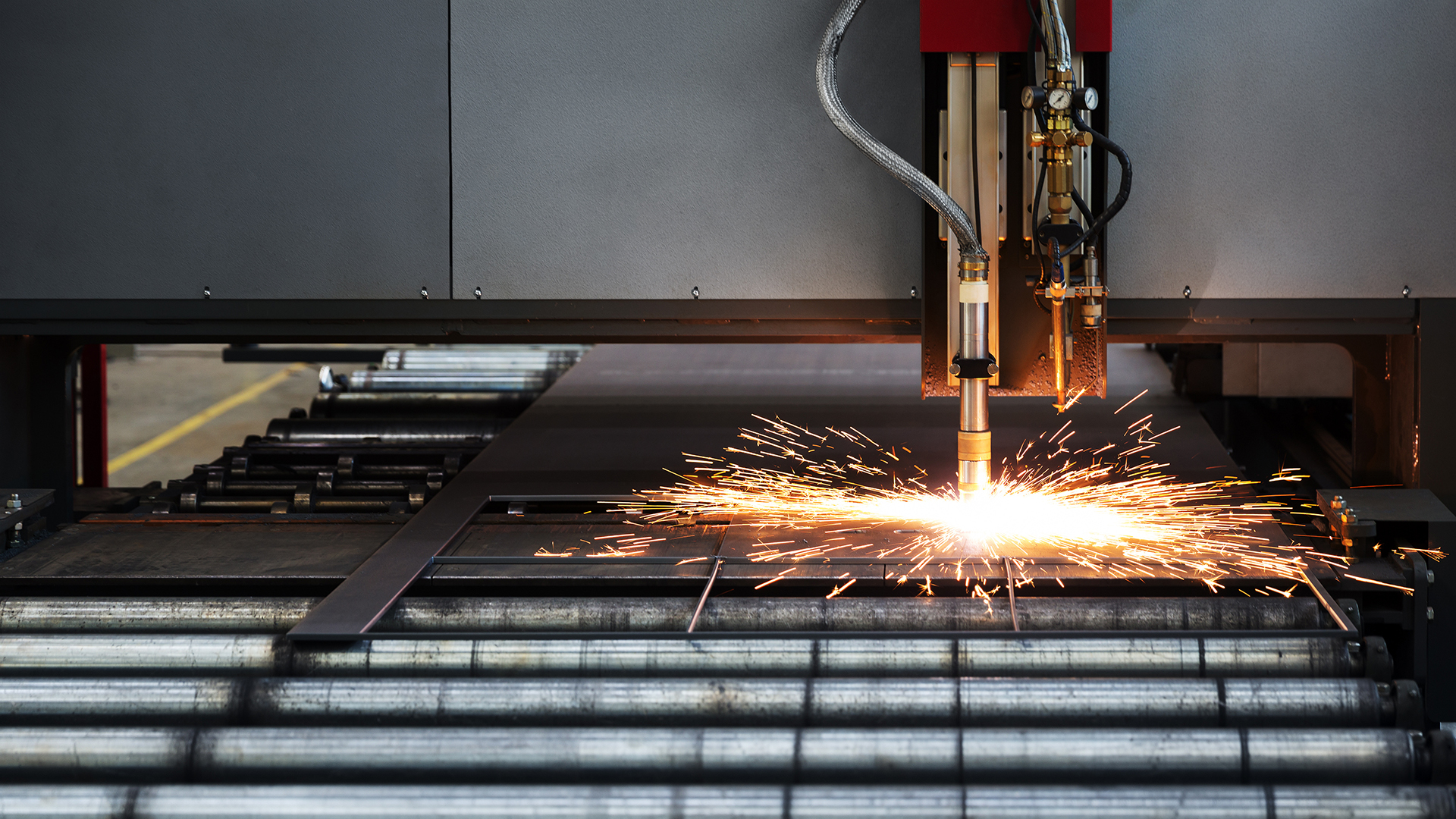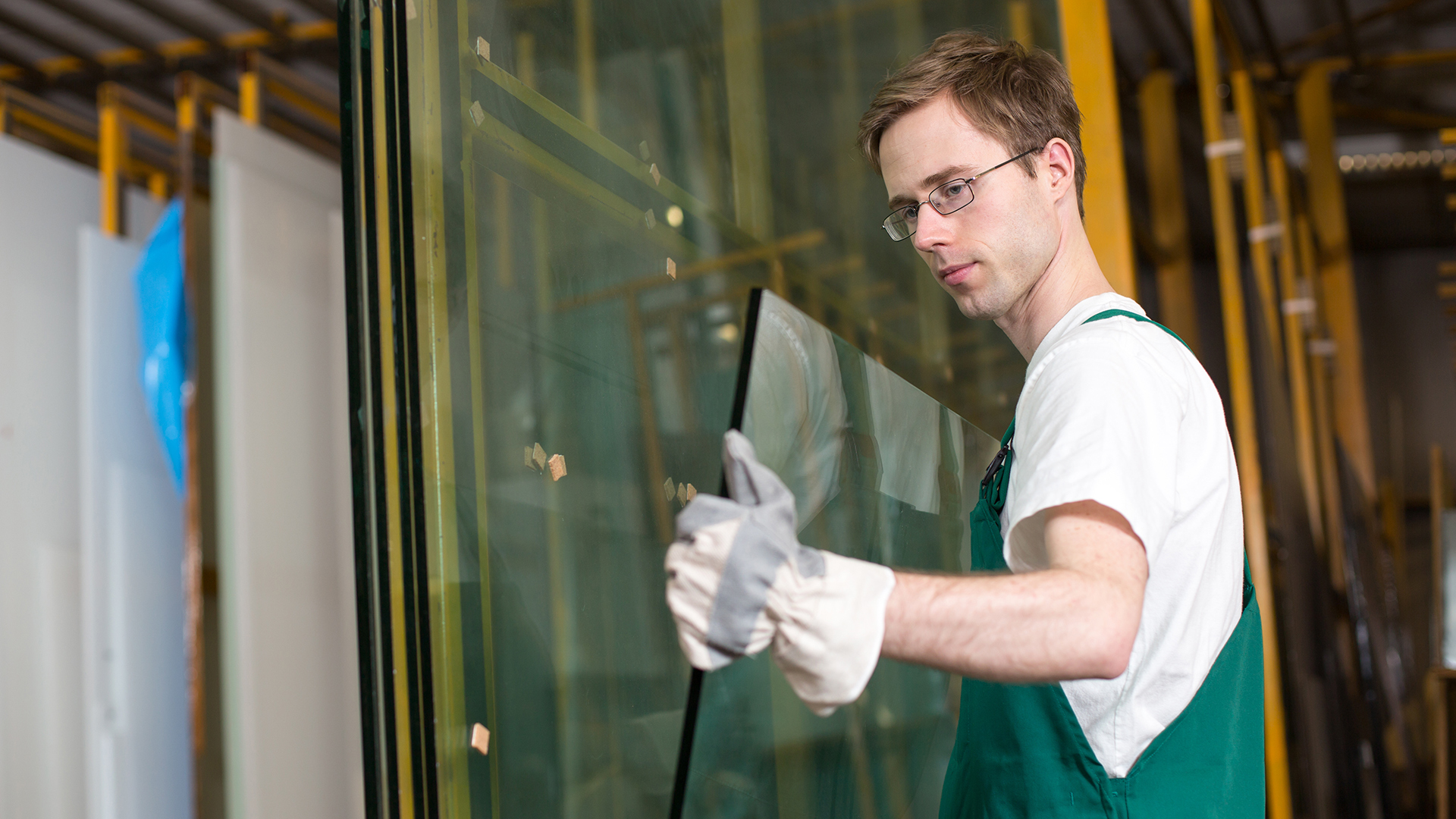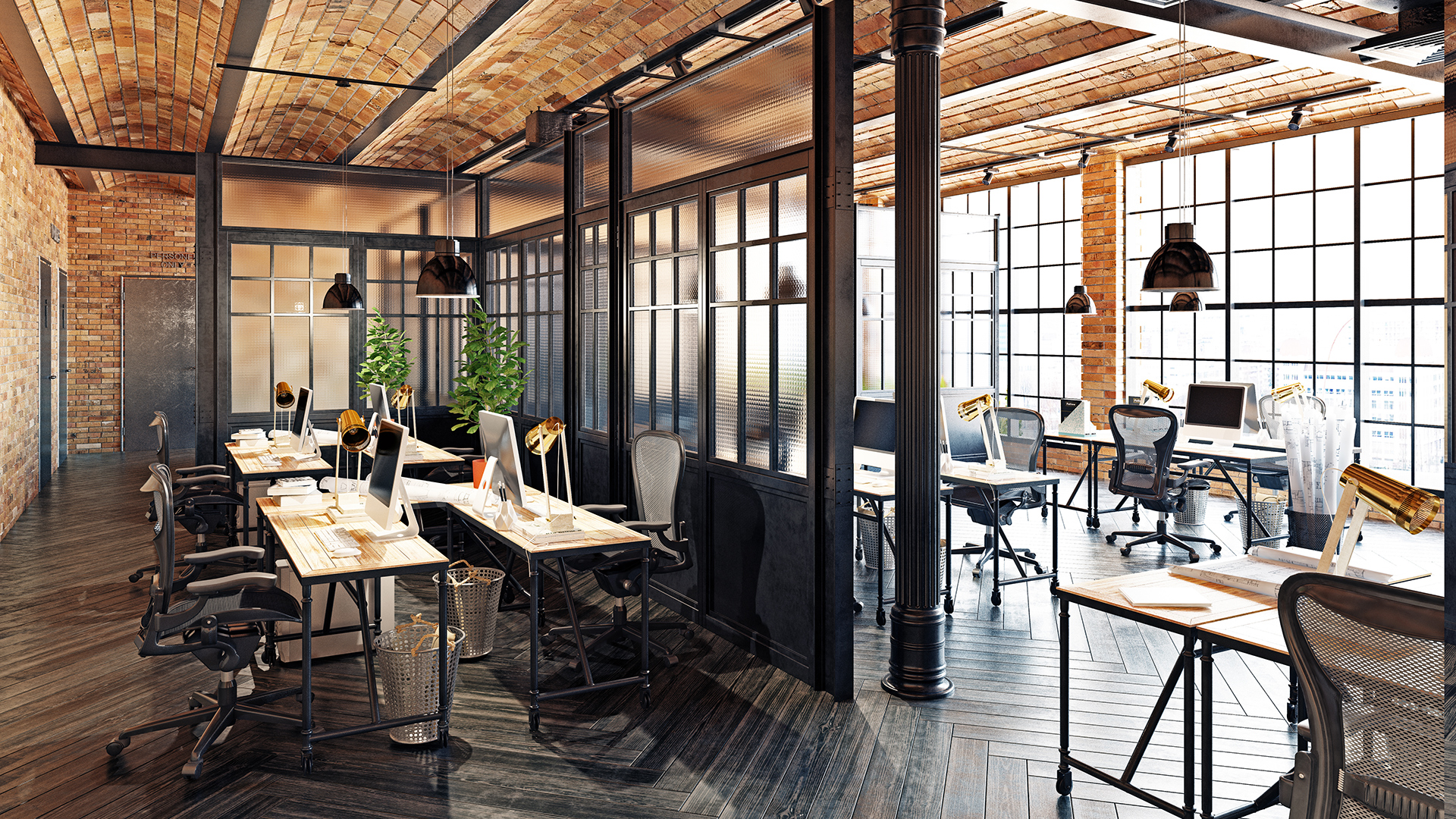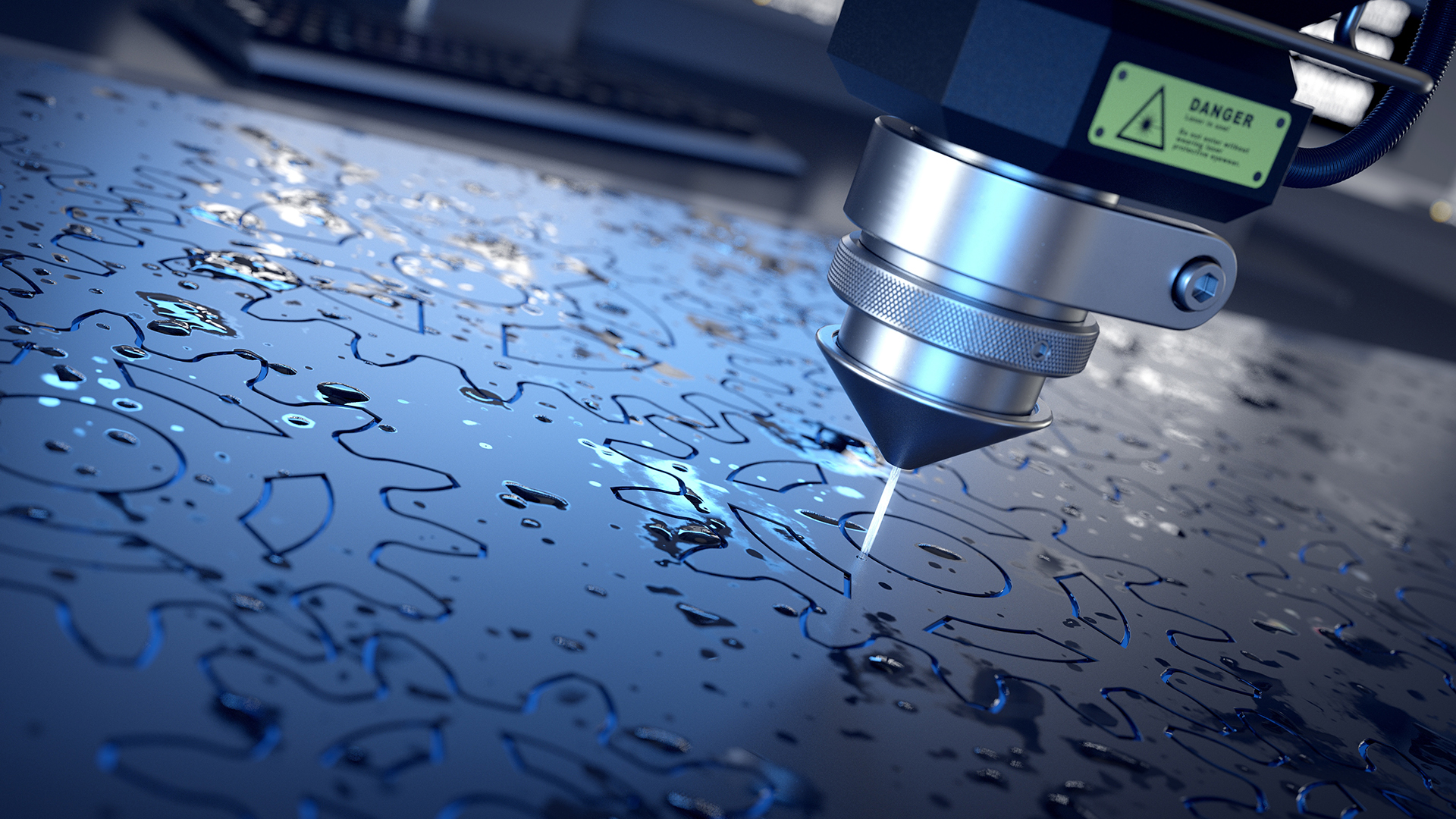Glass and metal are widely used in commercial settings due to their versatility, strength, and ability to withstand harsh environmental conditions. Glass offers numerous advantages, including its transparency, allowing light into buildings while still providing insulation from outside elements. Metal provides additional benefits like being rust-resistant and able to bear heavy loads without losing structural integrity.
Commercial Glass and Metal: What Is the Difference?
Commercial glass and metal are two of the most popular building materials used in commercial construction. Metal types such as aluminum, steel, and copper offer great strength and durability for various applications while providing aesthetic appeal to any structure. Glass is available in many forms, including tempered, laminated, insulated, or Low-E coatings that can provide an attractive look combined with energy efficiency. Both materials have unique qualities that should be considered when selecting the type for a particular project.
When choosing between metal and glass for a business, it’s essential to consider factors such as cost-effectiveness, ease of installation, maintenance requirements, and overall appearance. It’s best to consult with experienced professionals specializing in commercial projects before deciding. Professional installers will know the pros and cons of each material based on the specific needs of your project. They can advise you on the type best suits your budget, design goals, and desired outcome.
Essential Business Needs to Consider
There are essential needs when selecting the correct type of glass and metal for a commercial space. The most important factor is energy efficiency; choosing materials that have a high insulating value will reduce heating and cooling costs in the long run. Aside from this, businesses should also consider how well their chosen material can withstand wear and tear over time. Durable metals such as stainless steel or aluminum are often best suited for commercial spaces due to their strength and resistance to corrosion.
At the same time, tempered glass provides added safety since it won’t shatter if broken. Additionally, all installations must be done by professionals specializing in installing these materials to ensure proper construction and installation practices are followed. Lastly, the cost is always an important factor when investing in business operations. However, investing in quality materials with good insulation values may help save money on utility bills. Business owners should carefully weigh each material’s pros and cons before deciding which is right for them.
Types Of Glass to Utilize
Glass is often preferred for modern businesses due to its beauty and versatility. Depending on the type of business, several types of glass can be employed to create an attractive setting. Tempered or toughened glass is well suited for applications where safety is a primary concern, such as windows and doors in public areas. Laminated glass is ideal when soundproofing is desired; it also provides added security from breakage. Acrylic plastic sheets are lightweight and shatter-resistant, making them suitable for display cases or other structures requiring transparency without risk of injury. For aesthetics, stained glass offers a beautiful option with many colors and patterns.
In addition to selecting the correct type of glass for individual projects, businesses should also consider metal components combined with their chosen glass product to ensure lasting durability and attractiveness. Aluminum frames provide strength while providing aesthetic appeal; brass fixtures may add sophistication or contrast depending on the color scheme; stainless steel elements will not rust and offer superior resistance against harsh weather conditions; bronze tends to look more luxurious than aluminum but requires regular maintenance due to its tendency toward tarnishing over time. Appropriate selection of both materials ensures an attractive finished product that can withstand wear and tear.
Types Of Commercial Glass and Metal to Incorporate
Choosing the correct type of metal for business needs is just as important as selecting the correct glass. Many types of metals can be used to enhance a product, each with advantages and disadvantages. It is essential to understand these characteristics before deciding.
The three main types of metals used in commercial projects include:
Steel
Steel provides strength and durability, which makes it an ideal choice for construction or structural use. It also has excellent corrosion resistance and fire resistance properties. However, it can corrode if exposed to specific environments such as sea air or acid rain. In addition, steel conductivity is lower than aluminum or copper, meaning it may not be suitable for electrical applications requiring higher current flow rates.
Aluminum
Aluminum is lightweight yet strong enough to provide stability in most applications. It has good heat transfer capabilities while being relatively inexpensive compared to other materials like stainless steel or copper alloys. Furthermore, aluminum does not corrode easily when exposed to outdoor conditions due to its natural protective layer formed by oxidation on the surface. However, because it is softer than steel, some areas require additional reinforcement when using this material to ensure robustness over time.
Copper
Copper offers superior thermal conductivity and electrical conductivity relative to other metals. However, it also has an expensive price tag associated with its use due to limited availability worldwide today. Additionally, copper requires extra care during installation because it expands slightly more than other metals in hot temperatures. Thus, leading to potential cracks or leaks if not appropriately handled. Despite these drawbacks, copper remains popular among modern designers looking for beauty and functionality in their products or structures.
Overall, several considerations must be considered when deciding what type of metal best suits your project requirements. This includes cost-effectiveness versus performance metrics and environmental factors such as exposure levels and climate conditions. By weighing all options carefully, businesses can decide which metal would work best for them going forward. Thus, ensuring long-lasting success down the line.
Professional Installation Necessity for Commercial Glass and Metal
Professional installation is essential when considering the type of glass and metal for a business. Ensuring the materials are correctly installed is crucial to maximizing their effectiveness, safety, and longevity. The right choice of materials depends on the climate, security needs, building design, and budget constraints.
The first step in determining which glass and metal type should be used is to consider the environment. The insulated glass may be necessary if the area has extreme weather conditions or frequent fluctuations between hot and cold temperatures. Climate-resistant materials like aluminum can also provide extra protection against temperature changes. Additionally, it’s essential to assess whether there is any need for extra security measures such as bulletproof glass or reinforced frames when selecting suitable products for a particular location.
Another factor that must be considered when choosing the suitable material is the building’s specific design. Different aesthetics call for different types of glass and metal finishes. Thus, selecting materials that fit the style of architecture and its function is essential. Cost considerations are also important when making these decisions. Some specialty items may come at higher prices than standard ones but offer more excellent value over time due to increased durability or other features unavailable on cheaper options.
Maintenance And Care Issues
Maintenance and care issues should be considered when selecting the correct type of glass and metal for a business. Glass must be regularly cleaned to preserve its shine and clarity. Due to its delicate nature, the glass may require more frequent cleaning than other materials used in construction. Metal surfaces must also be kept clean to resist air or moisture exposure corrosion. Proper care for both types of material will help maintain their aesthetic appeal over time.
A mild detergent with water can usually suffice for regular washing and wiping down glass and metal surfaces. Specialized cleaners may be needed for tougher stains not easily removed by this method. Depending on the type of surface being treated, protective coatings such as waxes or sealants should also be applied periodically. This will reduce wear-and-tear damage due to weathering or abrasion. An experienced professional should also regularly inspect the material to ensure it remains intact and properly maintained throughout its use.
Conclusion
As a reputable metal and glass company in New York, we understand the importance of selecting the right material for your project’s success. Whether you’re considering metal or glass, we highly recommend researching both options thoroughly before making your final selection. Specific factors such as cost, maintenance requirements, size restrictions, eco-friendliness, and fire safety guidelines unique to each material must be considered.
At Certified Metal & Glass, we are committed to providing you with the information and support you need to make an informed decision. We believe that through adequate research, you can rest assured that you’re choosing the best material when entering your project—and to guarantee that it succeeds in the long run.

